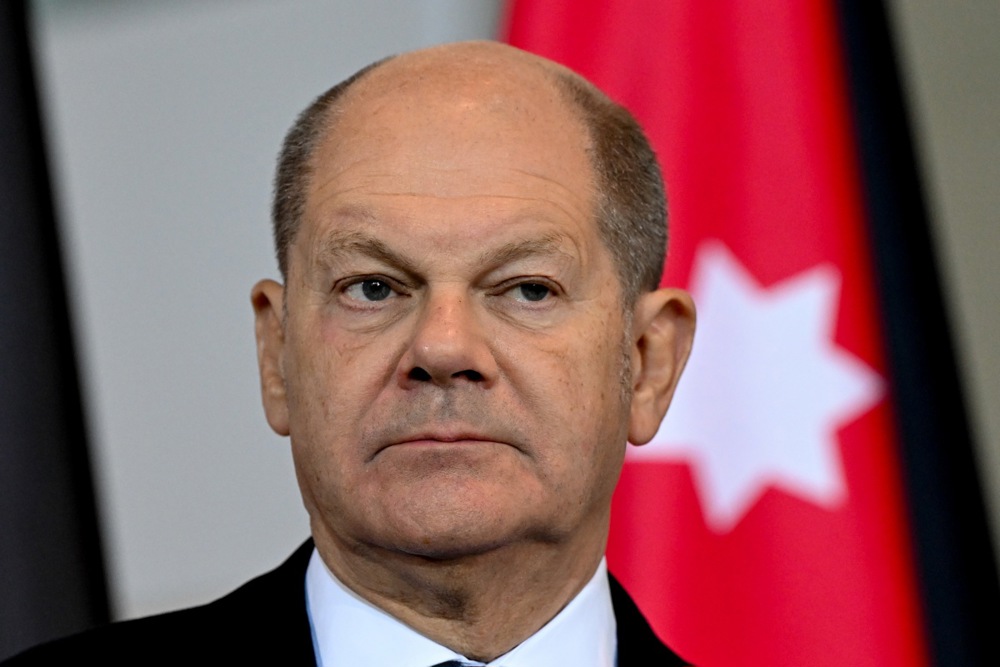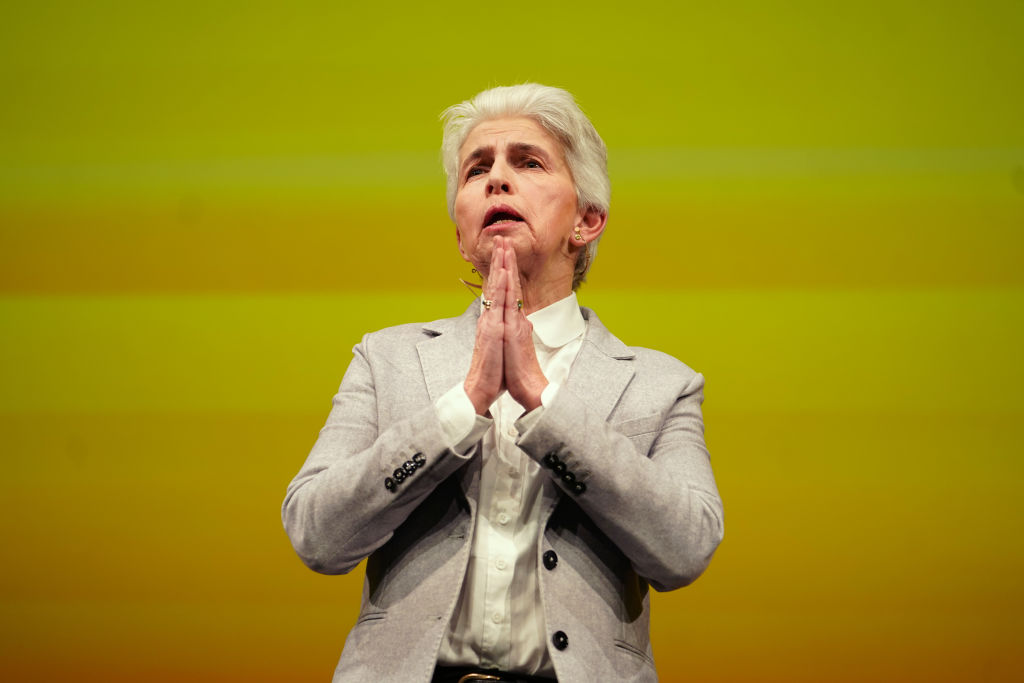German interior Minister Nancy Faeser of the Social Democratic Party (SPD) has announced the deportation of Islamist criminals back to Syria and Afghanistan.
“We want to systematically deport in particular violent Islamist criminals,” Faeser told the daily Bild am Sonntag on 28 July.
“Whoever does not have the right to stay in Germany will have to leave our country as soon as possible,” she said.
This announcement came shortly after a recent ruling by the High Court of Münster (North Westphalia) that determined that in Syria “there is no longer a serious threat to the life or physical integrity of civilians” due to indiscriminate violence in the context of the internal armed conflict.
The foreign ministry refuted this, claiming that fighting was ongoing throughout the country and that there were credible reports of serious human-rights violations.
Chancellor Olaf Scholz (SPD) has endorsed that policy, stating at a press conference on July 25 that his government was preparing deportations of criminals to Afghanistan and Syria.
At the same time, the German Government is negotiating with several third countries to facilitate these deportations via nations neighbouring Syria and Afghanistan.
Regarding deportations, Scholz had already been featured on the front cover of the German political weekly Der Spiegel on October 21, 2023.
A close-up of the Chancellor was accompanies by the words: “We will have to deport people on a large scale.”

He claimed that “too many” immigrants are “coming” to Germany, causing heightened insecurity which, he claimed, could be solved by deporting “on a large scale those who have no right to stay” in the country.
“We must deport more and more quickly”, he said.
Within the government, foreign minister Annalena Baerbock (of the Greens) has been sceptical about such deportation plans.
Christian Democratic Union executive committee member Mario Voigt backed the move.
“The general ban on deportation must be abolished,” Voigt declared, urging the government to initiate a dialogue with the Syrian Assad regime together with other European Union Member States.
Faeser’s declared priority remains German security.
“German security interests are clearly my top priority,” she reiterated, emphasising the need to deport those who have no right to remain in the country to maintain national security.
This revision of immigration policy came almost 10 years after the 2015 refugee crisis occurred, brought about by successive wars in the Middle East and the pro-immigration policy maintained by former German chancellor Angela Merkel.
Around Christmas of that same year, there were reports of German women being sexually assaulted by migrants.
The scandal grew after it came to light that Merkel’s government gave the order to hush up these attacks to avoid a government crisis.
In its clampdown on Islamic extremists in Germany, the country’s interior ministry has targeted several Islamic centres, a mosque, and their affiliated online media channels. https://t.co/K0P6Jkb3Uk
— Brussels Signal (@brusselssignal) July 26, 2024





